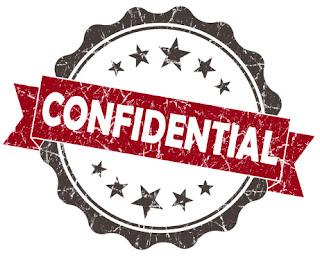
Israel-Palestine Mediation Circle Nov. 7, 2003 Hosted by Mediator Vikram and Ken Cloke 130 online attendees Video recording here: (12) Israel Palestine #Mediation Circle - launch by Ken Cloke | LinkedIn Ken Cloke’s Opening Comments at 5:50 to 21:00 minutes Ken Cloke’s Biography “Ken Cloke is a world-recognized mediator, dialogue facilitator, conflict resolution systems designer, teacher, public speaker, author of numerous books and articles , and a pioneer and leader in the field of mediation and conflict resolution for the last 37 years. In 1980, [he] became a mediator, and in 1983, created the Center for Dispute Resolution in Santa Monica, CA, where [he has] been a mediator, arbitrator, facilitator, coach, consultant and trainer, specializing in communication, collaborative negotiation, dialogue facilitation, and resolving complex multi-party disputes, including thousands of marital, divorce, family, commun...



